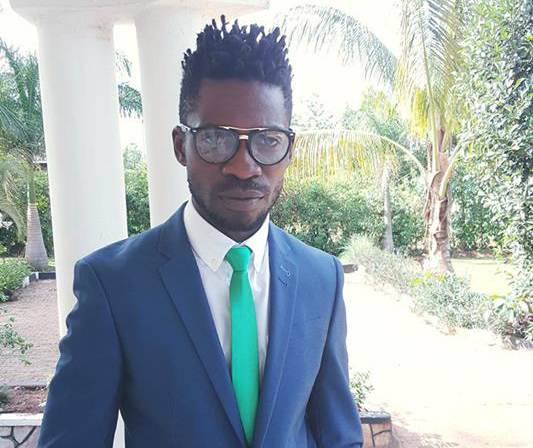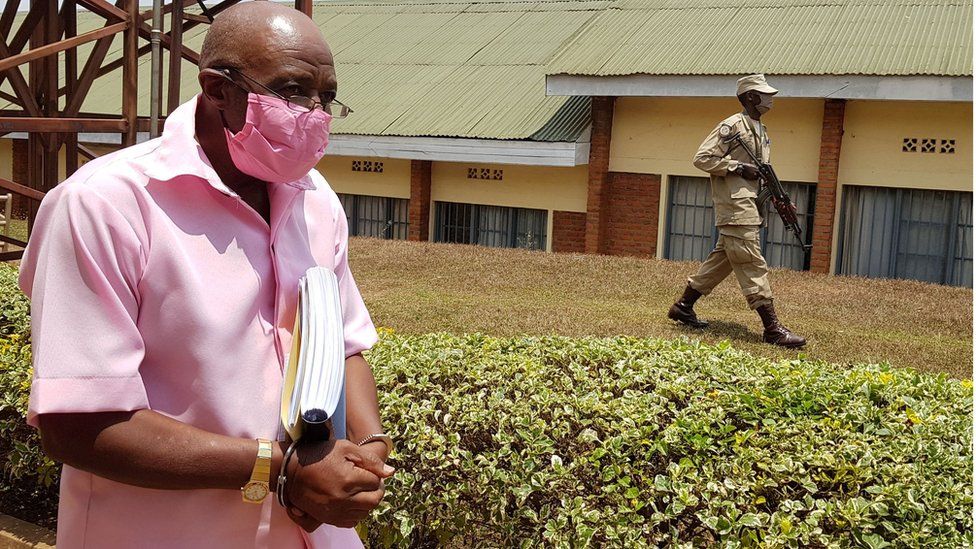The Omicron variant is probably now present in most of the world’s countries and it would be a mistake to dismiss the COVID-19 strain as mild, the head of the World Health Organization, Dr Tedros Adhanom Ghebreyesu has said.
Dr Tedros said that the variant, which was first detected in specimens collected on November 11 in Botswana and on November 14, in South Africa is now present in 77 countries, and it’s spreading at a rate that has not been seen with any previous variant.
Early this month, the Minister of Health Dr Jane Ruth Aceng said that the variant was not as severe as feared and urged Ugandans to remain calm, even after cases had been detected in Uganda. Dr Aceng said that all the persons who have tested positive for the disease had a mild form of the disease.
“We’re concerned that people are dismissing Omicron as mild”, Dr Tedros said. “Surely, we have learned by now that we underestimate this virus at our peril, and even if Omicron does cause less severe disease, the sheer number of cases could once again overwhelm unprepared health systems.
Dr Tedros added that making choices about strategies to halt the pandemic was the wrong approach: “It’s not vaccines instead of distancing. It’s not vaccines instead of ventilation or hand hygiene. Do it all. Do it consistently. Do it well.” He added that vaccines alone will not get any country out of the COVID-19 crisis. Countries can – and must – prevent the spread of Omicron with measures that work today.”
He said in the past 10 weeks, the international vaccine rollout initiative, COVAX, has shipped more vaccines than in the first nine months of the year combined, with most countries using vaccines as fast as they get them.
“In most countries, those being hospitalized and dying are those who have not been vaccinated. So, the priority must be to vaccinate the unvaccinated, even in countries with the most access to vaccines.” He said the priority in every country, for the sake of the global effort to halt the pandemic, “must be to protect the least protected, not the most protected.”
Some 41 countries have still not been able to vaccinate even 10 per cent of their populations, and 98 countries have not yet reached 40 per cent. “If we end inequity, we end the pandemic”, he emphasised. “If we allow inequity to continue, we allow the pandemic to continue.
















